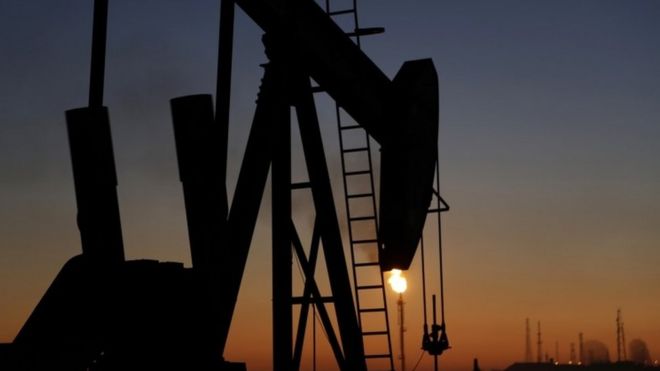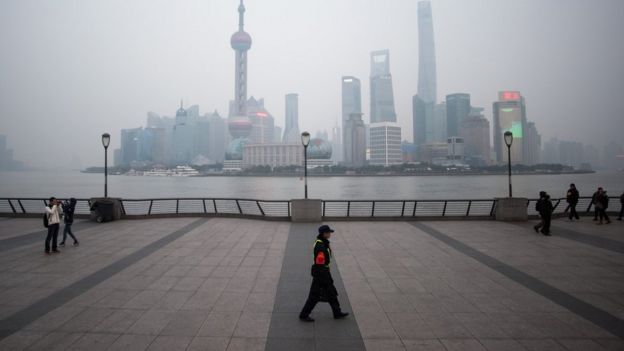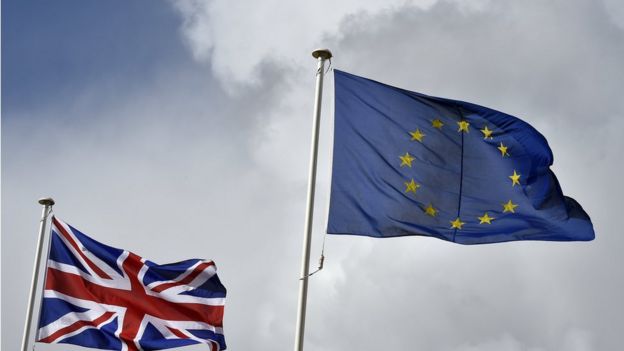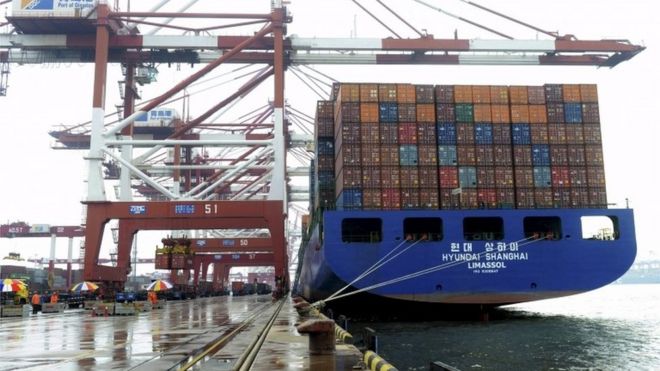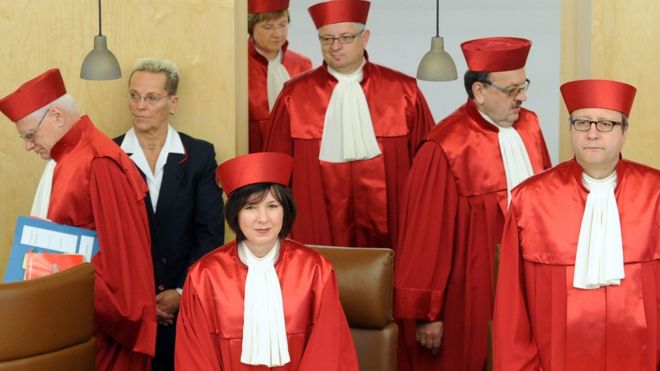People's Bank of China Vice Chairman Liu Shiyu attends a news conference in Beijng, China, March 13, 2013.
REUTERS/STRINGER
China's new securities regulator Liu Shiyu, a former central banker, has a tough job on his hands - not least managing a huge weight of expectation from millions of small investors smarting from a recent stock market collapse.
Liu, appointed at the weekend to replace Xiao Gang, the scapegoat of the piece, inherits the fallout from near 50 percent drops in China's major indexes from peaks in June, blamed on a confluence of mistakes made by multiple regulators.
While Liu has no experience in the securities business and his curriculum vitae reads much like Xiao's - and other previous heads of the China Securities Regulatory Commission (CSRC) for that matter - some superstitious 'netizens' are pinning their faith on his birth sign.
They note he was born under the Chinese zodiac sign of the Bull, and have made word plays rhyming his family name, which sounds like the Chinese word for ox.
"The chairman's sign is the Bull; how could the A-share (mainland) market not become bullish?" Li Daxiao, chief economist of Yingda Securities, wrote on his microblog.
On Monday, the first day's trading since his appointment, the blue-chip CSI300 index
.CSI300 rose to its highest in almost a month.
A Chinese microblog forum was flooded with
pictures
of people holding up their stock market wish-lists for Liu - from the technical, such as reviving the suppressed index futures market, to the direct: "Surpass 6,124", demanded one woman, referring to the record high the Shanghai Composite Index struck in 2007.
"Let me make a load of money so I can find a good wife," urged another poster.
Few analysts, however, expect much radical reform from Liu in the near term, nor does his appointment necessarily signal a dramatic change in approach from Beijing.
Liu, a former deputy central bank governor and a top official at a state-controlled bank, has to walk the same policy tightrope on which Xiao tripped and fell, according to investors, who blame a series of policy missteps for overheating a market rally and aggravating the ensuing crash.
It will also be difficult for a political appointee to overcome resistance from mid-level CSRC officials who fear their power will be diluted, analysts said. As in any government bureaucracy, many CSRC officials will be reluctant to give up their influence, such as over which companies get to conduct a stock market listing and when.
"It's irrational to expect that changing the chairman would have an impact on the market," said Chen Long, analyst at Gavekal Dragonomics in Beijing. "The institution needs to be changed, not the chairman."
The CSRC did not respond to requests by fax and telephone seeking comment.
DIFFERENT REGULATOR, SAME MARKET
"People always believe new officials are like a new broom," said Zhao Yayun, senior researcher at the Chongyang Institute for Financial Studies in Beijing. "To restore confidence, he (Liu) needs to roll out some exciting reform measures."
On his 'To Do' list, Liu has to restart a stalled reform process, with commitments to liberalize rules on initial public offerings and revive derivatives markets to improve investors' ability to hedge against downside risks, investors say.
Such hedging was set in reverse during the 2015 crash in the name of pursuing what the government referred to as "malicious" short sellers, which investors saw as a way for the government to apply pressure on them to buy and hold.
Potentially the toughest job for Liu, known in banking circles for his quiet demeanor, will be to repair damaged trust between the CSRC and investors, both institutional and individual, analysts said.
They estimate Chinese retail investors account for about 80 percent of daily trades and say many were caught out when they invested at the tail-end of the rally early last year only to see the market slump shortly afterwards.
Many institutional investors were scarred by the purge-like atmosphere that took hold in China's financial industry during the crash. They include foreign fund managers who were blamed in Chinese media for sabotaging the market.
YEAR OF THE BULL?
"Boosting investor confidence requires co-ordinated efforts (with other state agencies) rather than the CSRC alone," said Zhao at the Chongyang Institute. Chinese stock market sentiment is shaped by various factors, in particular the level of money supply and shifts in policy support for various industries.
There have been signals that Beijing is building the bureaucratic foundations for a "super regulator" to oversee the CSRC, the insurance and banking sectors and the People's Bank of China (PBOC), so Liu may see his position have less influence over time.
Born into a rural family in eastern Jiangsu province in 1961, according to local media, Liu graduated from the prestigious Tsinghua University, where he studied engineering and economics. Until last week, he was chairman of Agricultural Bank of China (AgBank) (
601288.SS) (
1288.HK).
(Additional reporting by Kevin Yao in BEIJING, Sam Shen in SHANGHAI and the Shanghai Newsroom; Editing by Ian Geoghegan and Neil Fullick)
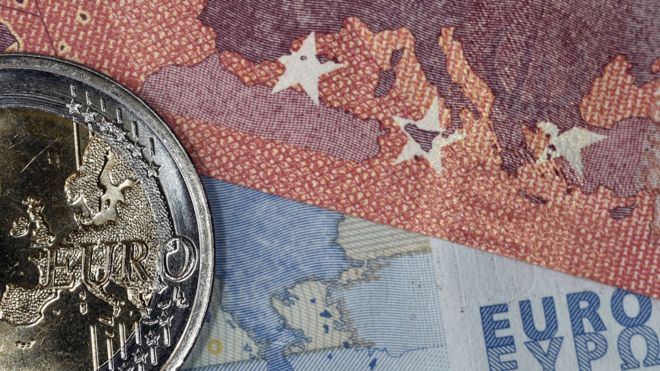 Getty Images
Getty Images


